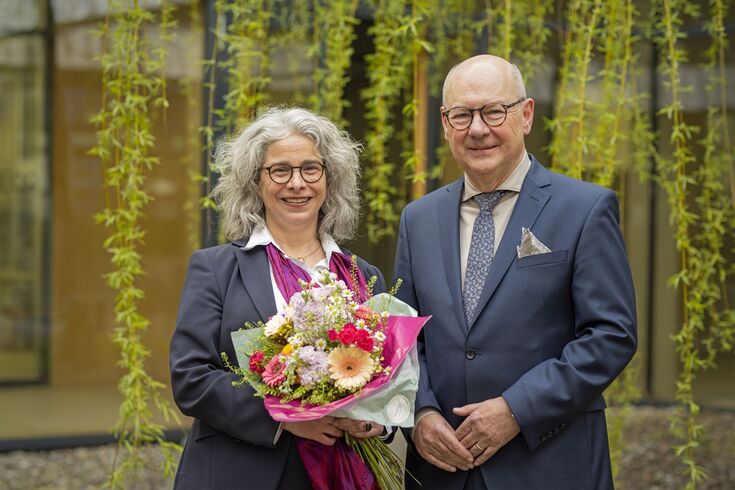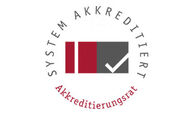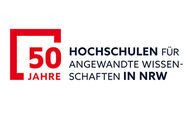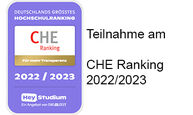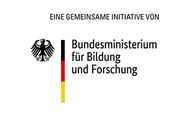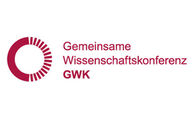The Niederrhein University of Applied Sciences is getting a new president: Professor Dr Susanne Meyer was elected by a large majority at today's university election meeting. She will take office on 1 December 2025, succeeding Dr Thomas Grünewald. Grünewald, who was elected to office in July 2019 and previously worked as State Secretary in the North Rhine-Westphalian Ministry of Science, will retire on reaching the age limit and was not available for a further term of office.
"I am very grateful for the trust that the university has placed in me with today's election and I am looking forward to my new role. As President, I would like to build bridges in business and society together with the members of the university in order to further develop the university as a responsible player in the region for the future. I am convinced that the Niederrhein University of Applied Sciences is very well positioned with its broad range of subjects to generate relevant research results and open up diverse and flexible educational pathways," said Meyer immediately after the election.
"We are delighted that we have been able to recruit an exceptionally competent and committed personality for the university in Mrs Meyer. Demographic change will also have a major impact on the Niederrhein University of Applied Sciences in the coming years. With Ms Meyer, we would like to use this challenge as an opportunity to continue to successfully position the university in its strategic importance for the region," says Dr Armin Knors, Chairman of the University Council of the Niederrhein University of Applied Sciences.
Professor Susanne Meyer has extensive experience in university management. Most recently, she was acting President of the Berlin School of Economics and Law (HWR) from April to June 2024 and was also First Vice President. She had already held this position since April 2020 and was responsible for the areas of study and teaching as well as diversity. Prior to this, she headed the Department of Studies and Student Services as Additional Vice President from 2016 to 2020.
Her commitment to academic self-administration goes back a long way: from 2007 to 2011, she was Vice Dean of the Department of Economics, and from 2006 to 2016, she was Chair of the Examination Board for the Bachelor's degree programmes in the same department. In 2006/2007, she was also involved in the internal expert committee for the evaluation of the new management structure of the then FHW Berlin, which took place in cooperation with the CHE (Centre for Higher Education Development), among others. At the same time, she was head of the Bachelor's degree programme in Business Law from 2005 to 2016. She has been a professor of business law specialising in corporate law and international contract law at HWR Berlin since 2005.
The mother of two adult sons, she studied law in Mainz, Dijon (France) and Freiburg. After working as a lawyer in Berlin and Frankfurt, she switched to academia in 2005 - with her appointment to the HWR Berlin.
The University Electoral Assembly is made up of the members of the University Council and the Senate. The latter represents all status groups at the university: professors, academic and non-academic staff and students. The election requires both a majority of the total votes and a majority within both groups - Senate and University Council. This was preceded by a selection process in which a selection committee made up of representatives from both bodies chose Meyer from a group of candidates and proposed him to the election meeting.


